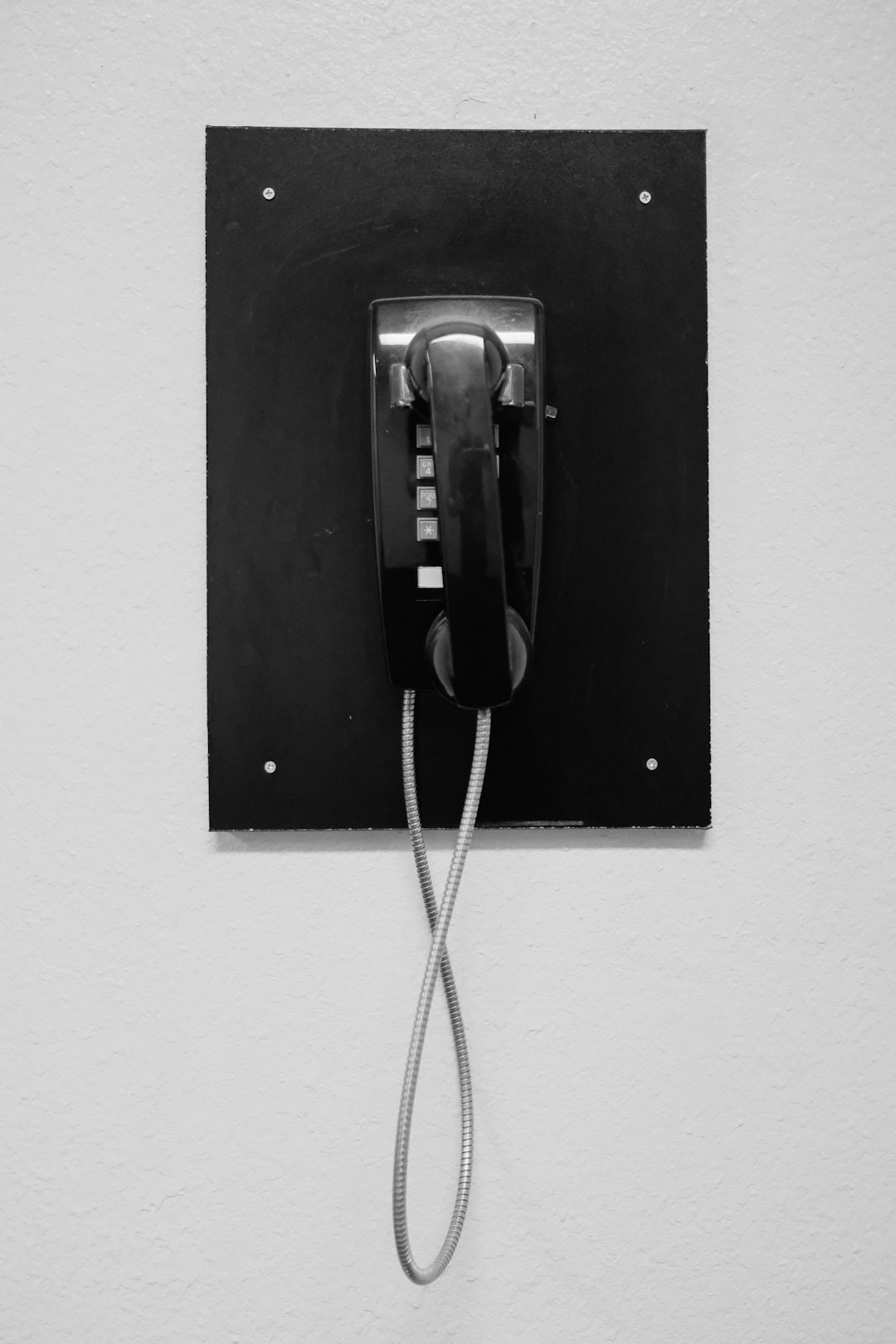Spam text—mass unsolicited text messages promoting products or services—is a growing concern in New York, where strict telemarketing and consumer protection laws enable class-action lawsuits against spammers. These suits can result in substantial damages and deter future spam activities. New York's legal system offers robust protections, with the Attorney General's Office actively enforcing these rules. The impact of these lawsuits has reshaped how businesses approach mobile marketing, leading to more targeted strategies respecting user consent. Future spam text lawsuits may be complicated by AI and automation advancements.
New York’s legal system has emerged as a significant player in combating spam text messages, with class-action lawsuits becoming a powerful tool. This article explores how the state’s courts handle these cases, delving into the regulatory framework and its impact on consumers. We analyze the rise of spam text lawsuits in NYC, their outcomes, and potential future developments, offering insights into the evolving landscape of digital rights and consumer protection in the age of excessive messaging.
Understanding Spam Text Class Actions in New York

In New York, spam text refers to unsolicited text messages en masse, often promoting products or services, and is a growing concern for consumers and legal experts alike. These spam texts, when sent without proper consent or in violation of established regulations, can lead to significant legal repercussions, particularly when they are part of class-action lawsuits.
Class-action lawsuits related to spam text in New York involve groups of individuals who collectively sue a company for sending unwanted text messages. The state’s strict laws regarding telemarketing and consumer protection provide a robust framework for these cases. Consumers can band together, sharing their experiences and seeking collective damages, which can lead to substantial financial outcomes and deter future spam activities.
Legal Framework and Regulations Against Spam Texts

New York’s legal system has established a robust framework to combat spam texts, providing residents with substantial protections. The state’s laws are aligned with federal regulations, such as the Telephone Consumer Protection Act (TCPA), which prohibits unsolicited text messages from automated systems or robocallers. These laws empower New Yorkers to take legal action against companies that send unwanted spam texts, seeking damages and injunctive relief.
The New York Attorney General’s Office actively enforces these rules, often pursuing enforcement actions against violators. The state’s strict privacy laws further bolster the protection of residents from intrusive spam texts, ensuring that individuals have control over their personal information and communication preferences. This comprehensive legal framework makes New York a challenging territory for spammers, aiming to deter and penalize those who engage in such practices.
Impact and Future of Spam Text Lawsuits in NYC

The impact of spam text lawsuits in New York has been significant, driving a necessary shift in how businesses approach mobile marketing. With a growing awareness of consumer privacy and rights, the legal system in NYC has become a hotspot for these class-action suits, sending a strong message to companies engaging in unsolicited texting. This has prompted many organizations to reevaluate their marketing strategies, focusing on more targeted and personalized approaches that respect user consent.
Looking ahead, the future of spam text lawsuits in New York appears poised for further development. As technology evolves, so too will the tactics used by both plaintiffs and defendants. With the increasing prevalence of AI and automation, identifying and holding accountable those responsible for mass spamming could become more complex but also more efficient. This dynamic landscape requires businesses to stay vigilant and adapt, ensuring compliance with stringent consumer protection laws in the ever-changing digital environment of New York City.






